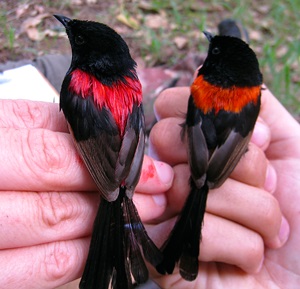Snails & Mosquitoes
In Florida, invasive, disease-carrying tiger mosquitoes are breeding in the shells of an invasive snail.

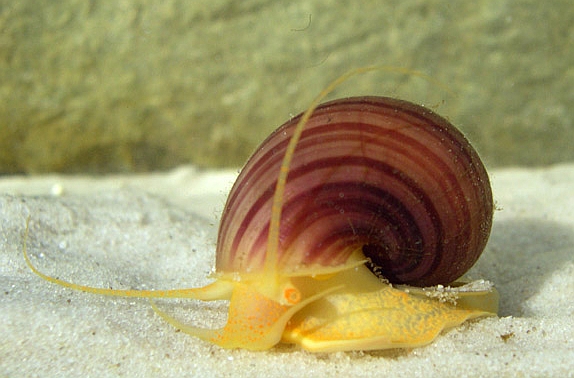
In Florida, invasive, disease-carrying tiger mosquitoes are breeding in the shells of an invasive snail.

Like the pioneers of the American West, the birds that are now settling the Arctic frontier in response to climate change aren’t necessarily the biggest or the strongest, but may instead be castoffs from more hospitable settled areas.
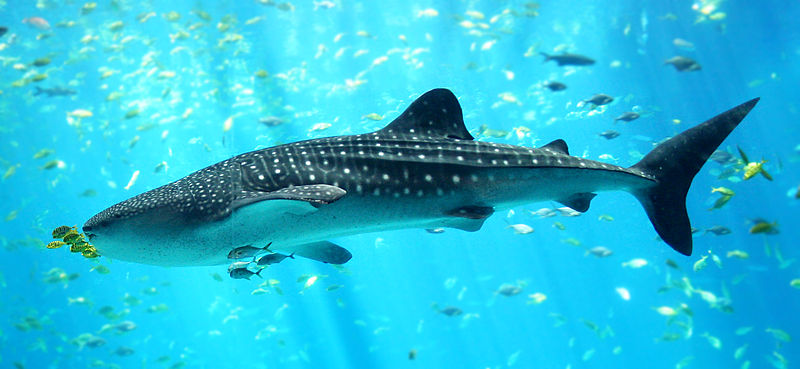
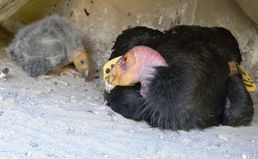
Captive-bred California Condors lack role models to show them how to survive in the wild. But wildlife biologists are there to help them navigate the modern world.

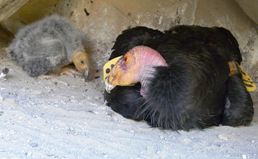
LIFE ON THE EGDE - The challenges facing endangered California Condors when they return to the wild. Could armadillos help end blindness? How scientists can tell that sharks really are what they eat. Fuel from the sea. And, unraveling the mysteries of glowing blue slime.
Using frozen DNA, researchers have created early-stage embryos of an extinct frog.
Scientists are testing a new 3-D underwater microscope to study tiny marine predators.
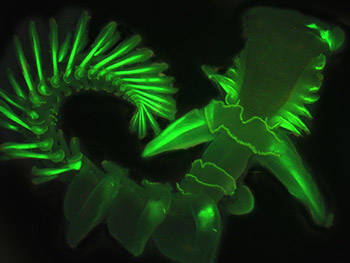

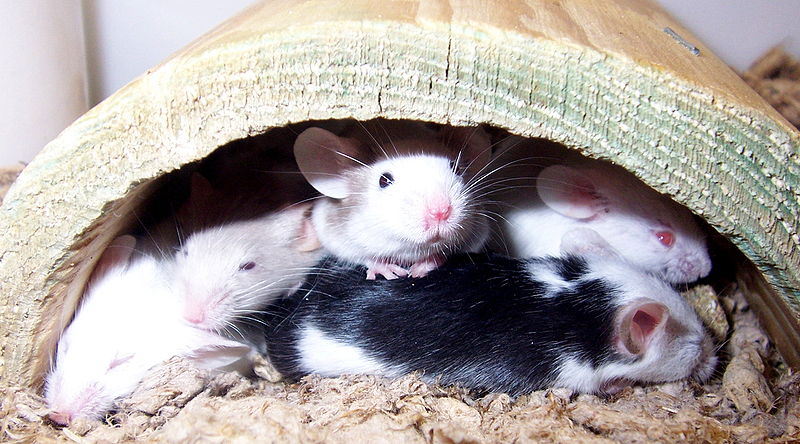
A common drug reverses social deficits and repetitive behaviors in mice with autism-like symptoms.
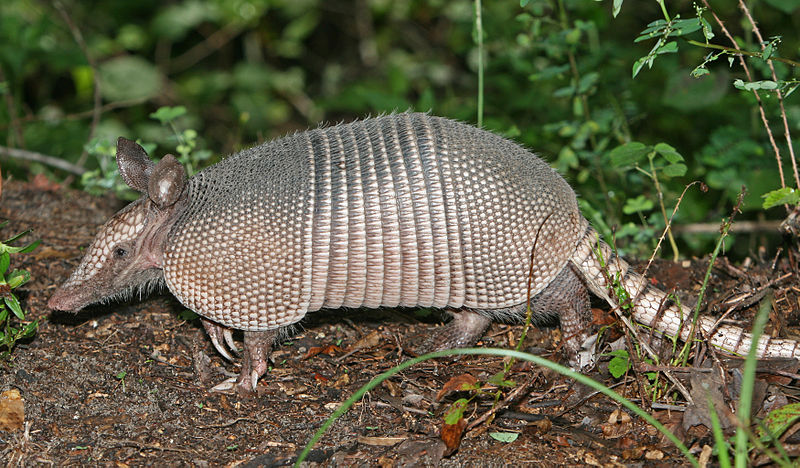
The armadillo’s poor eyesight is helping researchers understand the genes behind certain forms of blindness.

YOUNG BRAINS - Just how long does the teenage brain take to mature? How teenagers with autism see things differently. And, scientists reverse autistic-like symptoms in adolescent mice. Also: can you put barcodes on brain cells? And, what casino rats can tell us about gambling addiction.

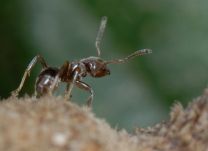

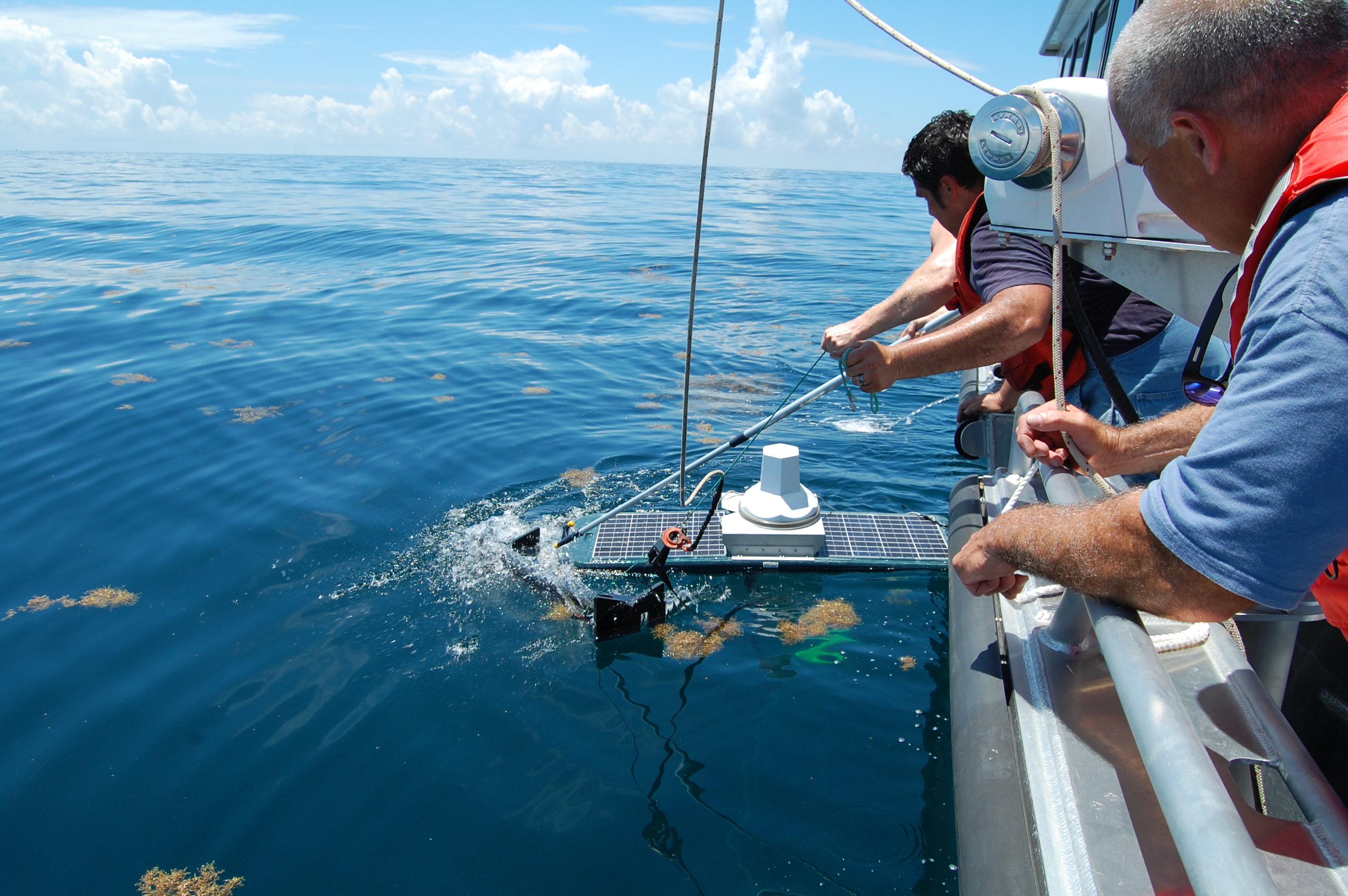
Engineers are developing “whale detectors” to help ships avoid striking them.
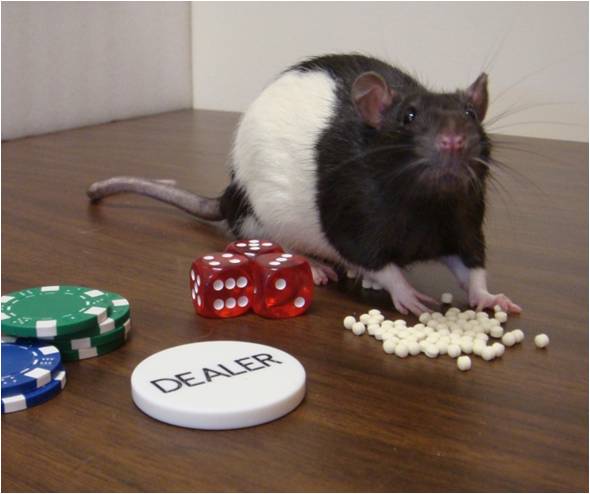
Miniature “casinos” built specially for rats are helping researchers understand gambling addiction in humans.

ANIMAL & HUMAN HEALTH - A special report on the relationship between animal and human health, from pet obesity to cancer in tigers. Also, why spiders have prompted a massive Toyota recall. And, a citizen science project that’s pretty batty.
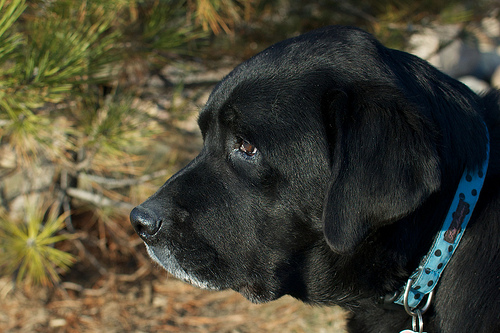
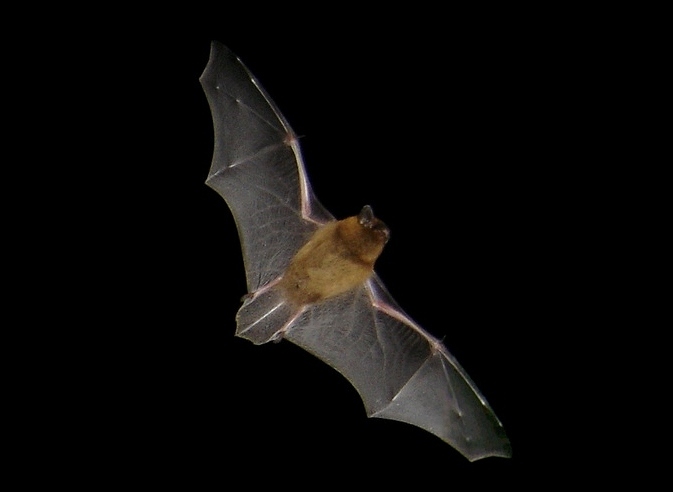
Researchers have created a citizen science website called Bat Detective to get the public involved in analyzing bat calls.


The Zoobiquity project teams up physicians with veterinarians to study diseases that affect humans and other animals.
